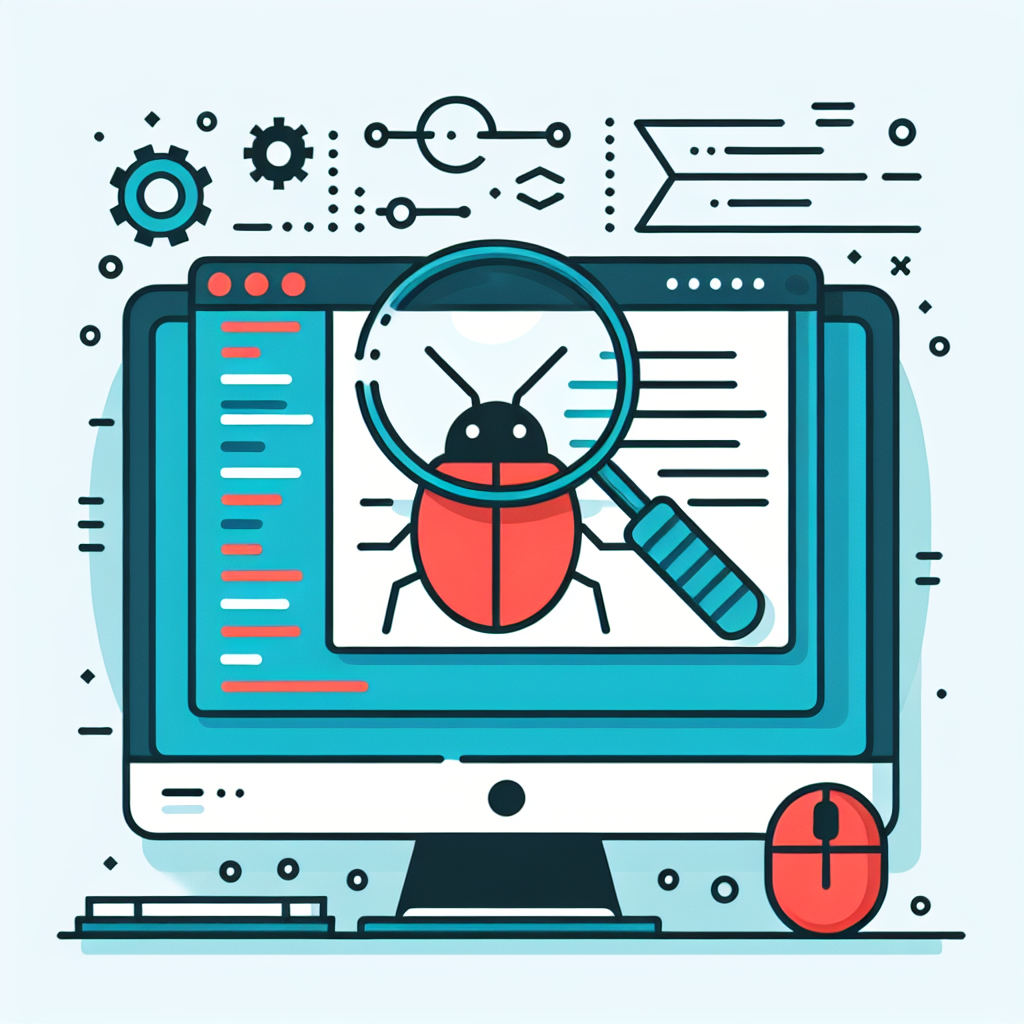Optimize Your Code: Swift Code Debugger Tool
Boost your Swift coding efficiency with our Swift Code Debugger tool. Instantly identify errors, enhance performance, and streamline your development process.
Code to Debug
Debug Results
Output will appear here...
The Swift Code Debugger is a powerful tool designed to streamline your Swift programming by identifying and resolving errors efficiently. Ideal for both beginners and seasoned developers, this debugger enhances productivity by offering real-time error insights and seamless code navigation. Unlock faster development cycles and improve code quality with this indispensable tool for Swift development.

Swift Code Debugger: Enhance Your Development Efficiency Link to this section #
A Swift code debugger is an essential tool for developers working with Apple's Swift programming language. It simplifies the process of identifying and fixing errors, optimizing code, and ensuring seamless performance of applications. Here's how a Swift code debugger can transform your development workflow:
Error Identification: Swift debuggers efficiently spot syntax and runtime errors. By providing detailed error messages, they help you quickly understand the root cause of issues.
Breakpoint Management: Set breakpoints to pause code execution at specific lines, allowing you to inspect variables and evaluate expressions step-by-step.
Variable Inspection: Examine the state of variables during runtime. This feature is crucial for understanding how data changes throughout your program.
Performance Monitoring: Analyze the execution time of code blocks to optimize performance. Swift debuggers often include tools to monitor memory usage and detect leaks.
Code Navigation: Easily navigate through complex codebases with features like step-over, step-into, and step-out, which provide control over how you traverse code.
Example Code Snippet Link to this section #
func calculateFactorial(_ number: Int) -> Int {
if number <= 1 {
return 1
} else {
return number * calculateFactorial(number - 1)
}
}
let result = calculateFactorial(5)
print("Factorial: \(result)")
Set breakpoints to inspect the recursive calls and variable states in the example above. Understanding recursion flow is greatly simplified with a debugger.
Additional Resources Link to this section #
For developers, mastering the use of a Swift code debugger is invaluable for efficient problem solving and code optimization. It not only reduces development time but also enhances code quality and reliability.
Frequently Asked Questions
What is a Swift code debugger?
A Swift code debugger is a tool used by developers to test, analyze, and debug Swift programming code. It helps identify and resolve issues in code by allowing developers to step through execution, inspect variables, and evaluate expressions in real-time.
How can I use a debugger in Swift?
To use a debugger in Swift, you typically use Xcode's built-in debugging tools. You can set breakpoints, run your app in debug mode, and use the debugger console to inspect variables, evaluate expressions, and control the execution flow to understand how your code behaves.
What are some common features of a Swift code debugger?
Common features of a Swift code debugger include setting breakpoints, stepping through code line-by-line, variable inspection, evaluating expressions, viewing stack traces, and utilizing watchpoints to monitor specific variables or expressions for changes.